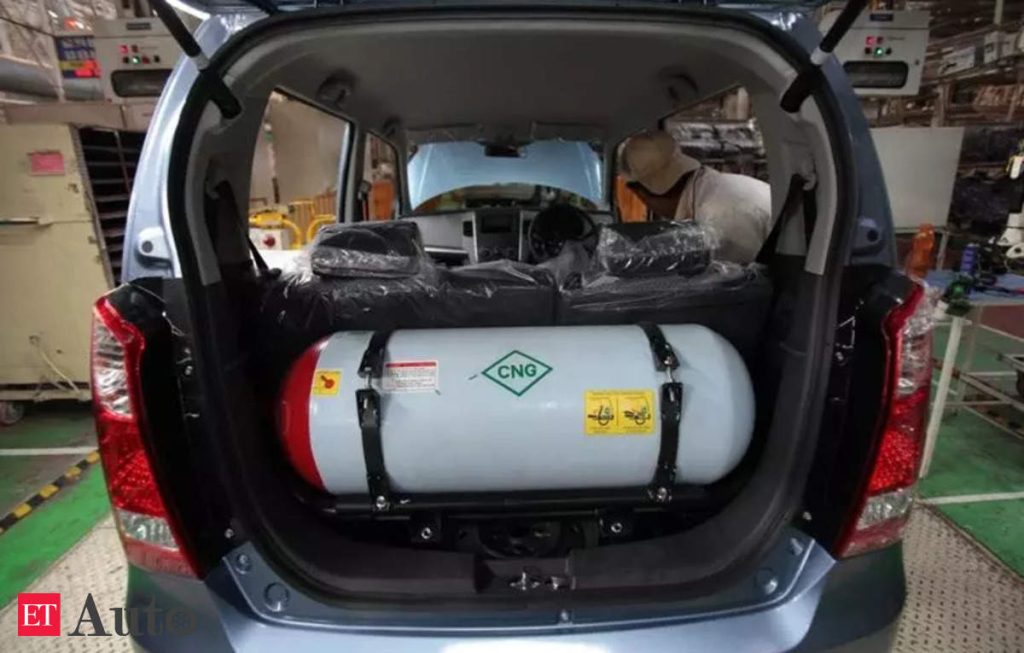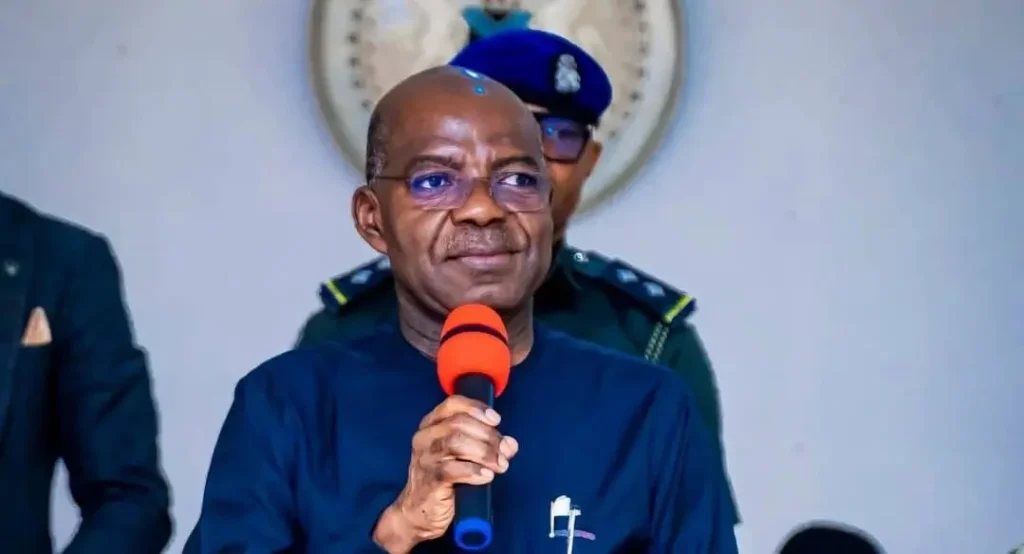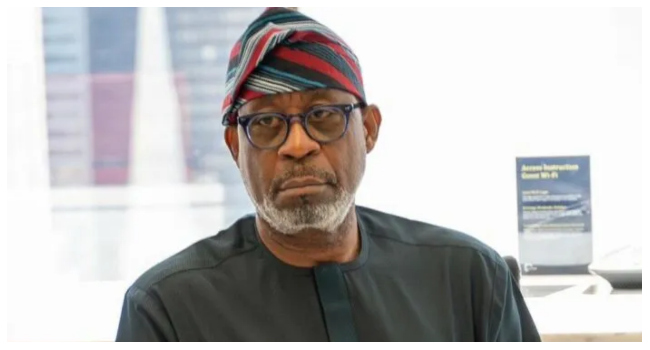As Senegal gears up for its general elections in February 2024, concerns over a crackdown on the opposition, media, and civil society have gripped the nation. President Macky Sall’s pledge for free and fair polls clashes starkly with the reality of hundreds of political opponents languishing in prisons. Human Rights Watch has sounded the alarm, calling for an end to arbitrary detentions and prosecutions, and the assurance of fundamental freedoms. The crackdown has reverberated globally, prompting calls for urgent action to uphold democratic principles.
A series of arrests and restrictions on political opposition figures, dissidents, and journalists have underscored deepening tensions in the lead-up to the elections. The crackdown traces back to 2021, triggered by court cases involving prominent opposition leader Ousmane Sonko and speculations surrounding President Macky Sall’s potential third term bid. The ensuing arrests, targeting opposition members and activists, have drawn widespread condemnation from civil society groups and opposition parties.
The Constitutional Council’s vetting process for presidential candidates has also come under scrutiny, with only a fraction of hopefuls making it through. The rejection of Sonko’s candidacy, citing a prior prison sentence, has further fueled criticism of the electoral process. The dissolution of Sonko’s political party and the use of the judicial system to target political opponents have raised concerns over the fairness and transparency of the electoral environment.
Human Rights Watch’s investigations from November 2023 to January 2024 have shed light on the human rights violations, including arbitrary detentions, ill-treatment, and torture of activists. The authorities’ lack of response to these findings has deepened apprehensions about the government’s commitment to upholding democratic values. The crackdown has also seen an erosion of freedom of assembly, with authorities rejecting requests for demonstrations and imposing bans on public gatherings, meetings, and protests.
The stifling of political activities has extended to the obstruction of candidates’ signature collection processes, further entrenching doubts about the integrity of the electoral process. Journalists, too, have faced heightened pressures from government agents and security forces, indicative of an escalating climate of intimidation and censorship.
As Senegal stands at a pivotal juncture with the approaching elections, the need to address the crackdown and safeguard democratic principles has gained urgency. The international community has been urged to closely monitor the situation and exert diplomatic pressure to ensure respect for fundamental freedoms and the conduct of genuinely free and fair elections.
The crackdown in Senegal serves as a stark reminder of the enduring challenges facing democracies, underscoring the imperative of upholding human rights and democratic values. The outcome of the upcoming elections will not only shape Senegal’s future but also resonate far beyond its borders, underscoring the global significance of safeguarding democratic processes.
Senegal’s Pre-Election Crackdown: Human Rights Abuses Exposed
As Senegal prepares for its upcoming elections, concerns are mounting over the alleged systematic violations of human rights by the country’s authorities. The government’s crackdown on opposition-led demonstrations has sparked international outrage and calls for impartial investigations into the reported abuses.
Journalists, activists, and political opposition members have faced arbitrary arrests, intimidation, and physical assault. Dozens of journalists have been unlawfully arrested, and media outlets have been suspended, while arbitrary restrictions on mobile internet access and social media have been imposed.
The European Union has announced the deployment of an electoral observation mission to Senegal on February 25, highlighting the international attention focused on the country’s electoral process.
The violations of due process rights have been a key concern, with authorities accused of systematically flouting the legal rights of those arrested in connection with the protests. Preventive detention has been misused, with the denial of bail and prolonged pretrial detention, contravening international human rights law.
Lawyers representing detained protesters have raised alarming issues, citing trumped-up charges, wrong codification of offenses, and the lack of access to legal counsel. The misuse of charges related to state security crimes has resulted in the prolonged detention of individuals without credible evidence.
Detention conditions have also come under scrutiny, with overcrowded cells and inhumane treatment reported in Senegalese prisons. The Rebeuss detention center, designed for 600 detainees, currently holds over 3,000 pretrial detainees, highlighting the severe overcrowding and dire conditions.
The testimonies of former detainees and their relatives paint a grim picture of the situation, with reports of overcrowding to the extent that detainees had to sleep in shifts due to lack of space.
The violations of human rights highlighted in this report are stark reminders of the challenges facing Senegal as it approaches the elections. The international community’s attention is now firmly fixed on Senegal, with calls for the authorities to ensure the protection of fundamental rights and conduct impartial investigations into the alleged abuses.
As the world watches, the stakes for Senegal’s democracy have never been higher. The spotlight is on the authorities to demonstrate their commitment to upholding the rule of law, respecting human rights, and ensuring a free and fair electoral process.
The Plight of Detainees and Journalists in Senegal
The detention conditions in Senegal’s pretrial facilities have sparked international concern due to severe overcrowding and lack of basic services. Human Rights Watch reported acute shortages of water, soap, and medical care, leading to inhumane and degrading treatment, a violation of international law.
One former detainee described harrowing experiences, where he was subjected to torture, beatings, and denial of medical care despite serious injuries. The account underscores the urgent need to address the systemic issues within the Senegalese detention system.
The crackdown on political activists and journalists further highlights the government’s suppression of dissenting voices. The arrest of individuals for expressing their views on social media or through journalism has raised alarms about the erosion of media freedom and the culture of fear among journalists, leading to self-censorship.
The Stories of Injustice
The testimonies of those detained depict a grim reality – unsanitary conditions, overcrowding, and the absence of medical provisions. Additionally, instances of torture and abuse at the hands of law enforcement officials have come to light, painting a distressing portrait of the treatment of detainees.
The case of Pape Abdoulaye Touré, a political activist who endured savage beatings while in detention, serves as a chilling example of the brutality inflicted on detainees. His subsequent hunger strike to protest his unjust detention further showcases the lengths to which individuals are forced to go in seeking justice.
Similarly, the arrest and mistreatment of journalists and social media activists, including Ndèye Maty Niang, Pape Alé Niang, and Pape Ibrahima Guèye, illustrate a targeted campaign to silence dissent. Their experiences reflect the pervasive atmosphere of fear and intimidation that looms over the media landscape in Senegal.
Media Suppression and Self-Censorship
The arrests and persecution of journalists have led to a climate of self-censorship, where individuals are hesitant to report on government actions or express contrary views. The fear of retribution and imprisonment has created a chilling effect on media freedom, stifling the press’s ability to hold those in power accountable.
Ibrahima Lissa Faye’s observation of growing intimidation and targeted attacks against independent journalists underscores the critical threat to media freedom. When journalists feel compelled to censor their own thoughts, it hampers the watchdog role of the media in protecting democratic values and upholding human rights.
A Call to Action
Senegal’s authorities must prioritize addressing the deplorable conditions in pretrial detention facilities and uphold international human rights standards. Additionally, the government must cease the intimidation and persecution of journalists and activists, allowing for the safeguarding of free speech and the press.
The world is watching as Senegal stands at a crossroads, grappling with the need to protect the rights of detainees and journalists and uphold the principles of democracy and justice for all.



